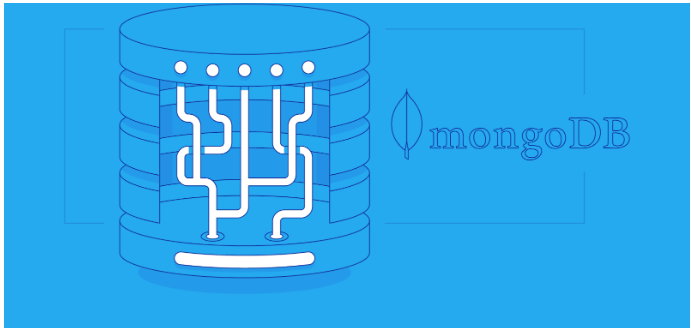
Integrating MongoDB with other technologies and tools
There are a wide range of other technologies and tools that can be integrated with MongoDB so that its capabilities can be enhanced and its usage can be made more simple. One of the most popular technologies and tools that MongoDB can be integrated with include the following technologies and tools:
Hadoop: When used together with Hadoop, MongoDB can process large amounts of unstructured data in parallel, which allows for fast and efficient processing of these large amounts of unstructured data.
Spark: It is possible to integrate MongoDB with Apache Spark in order to perform advanced analytics on large data sets, such as machine learning and graph processing, using MongoDB.
BI and reporting tools: In order to provide real-time reporting and visualizations of data, MongoDB can be integrated with BI and reporting tools, including Tableau and Power BI, to provide real-time reporting.
Message brokers: As a result of MongoDB’s integration with message brokers, such as Apache Kafka, real-time data streams can be processed and event-driven architectures can be supported on the platform.
Application servers: A popular application server, such as Node.js or Ruby on Rails, can be integrated with MongoDB, providing web applications with fast and efficient access to data.
Cloud platforms: The MongoDB database can be seamlessly integrated with cloud platforms, such as Amazon Web Services and Microsoft Azure, to provide scalable and highly available capabilities for storing and processing data.
With MongoDB integrated with these technologies and tools, you will be able to create powerful and efficient applications by utilizing the strength of each technology. In addition, MongoDB has been integrated with the technologies and tools listed above, allowing it to be easier to manage and use, therefore reducing the amount of time and effort required to develop and maintain applications based on MongoDB.



